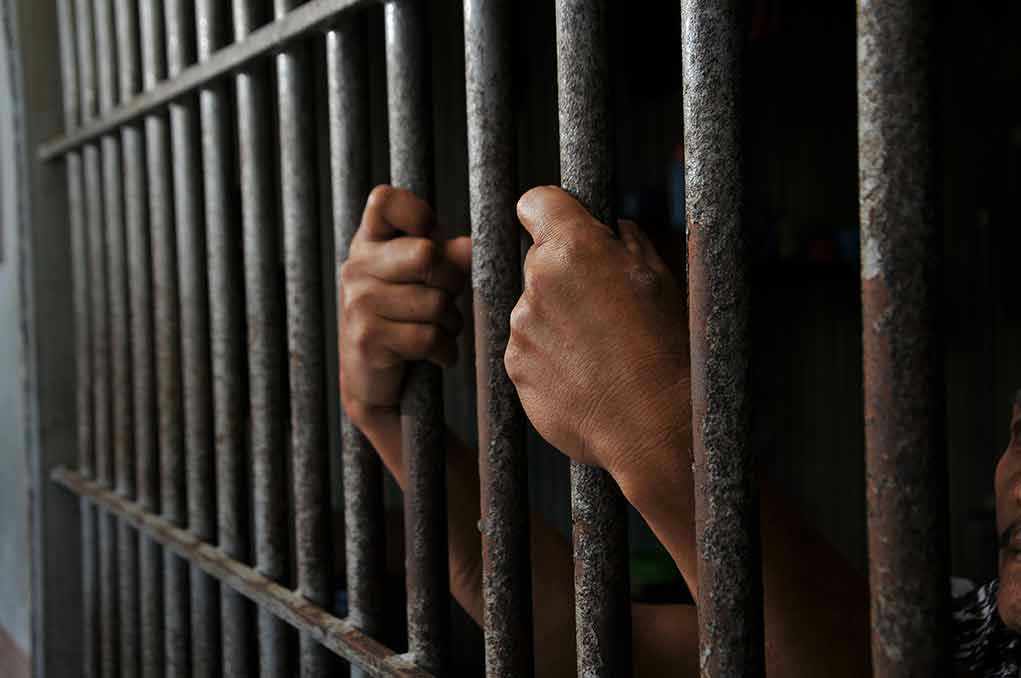
A mother’s arrest after her two children died in a hot car exposes ongoing failures in safeguarding vulnerable families and reignites debate about government oversight and parental accountability in Texas.
Story Snapshot
- Two young children in San Antonio died after being left in a hot car; their mother was arrested due to inconsistencies in her statements.
- Authorities cite prior Child Protective Services involvement and unclear circumstances, raising concerns about systemic failures.
- The case highlights Texas’s ongoing struggle with hot car deaths, parental responsibility, and the role of government agencies.
- The investigation is ongoing, with the mother held on $300,000 bail while the medical examiner determines the official cause of death.
Suspicious Circumstances and Law Enforcement Response
On September 20, 2025, San Antonio authorities responded to a tragic scene: two siblings, aged six and three, were found unresponsive in a vehicle parked near their home. Their mother, Tiona Lasaisha Islar, reportedly claimed she last saw her children inside the house that morning before falling asleep, only to discover them hours later in the car. Bexar County Sheriff Javier Salazar cited significant inconsistencies in Islar’s account, prompting her arrest on two counts of injury to a child causing serious bodily injury or death. Law enforcement is focusing on clarifying the timeline and determining whether negligence or intent played a role, especially given the mother’s shifting narrative and previous Child Protective Services involvement.
This case has drawn public attention not only for its heartbreaking details, but also for its similarities to other high-profile hot car deaths in Texas. With nine such fatalities already reported in the state this year, the incident underscores persistent concerns about child safety, personal responsibility, and whether existing government interventions are effective. The Bexar County Sheriff’s Office has asked community members to provide surveillance footage or information that might shed light on the children’s final hours, pointing to a broader need for vigilance and community engagement in protecting vulnerable youth.
Systemic Failures and Prior CPS Involvement
Prior involvement by Child Protective Services (CPS) with the Islar family raises significant questions about systemic oversight and the adequacy of government intervention. CPS had previously received reports concerning the family’s welfare, suggesting that red flags were present before this tragedy occurred. For many, this case serves as a stark reminder that government agencies often fall short of their stated mission—protecting children and supporting families—despite significant taxpayer investment. Conservative critics argue that bureaucratic inefficiency and lack of follow-through are recurring themes, especially in blue states or cities where progressive policies dominate. This tragedy has reignited calls for reform, emphasizing the importance of personal accountability and parental responsibility over government overreach or one-size-fits-all solutions.
Details about the exact nature of CPS’s past involvement have not been disclosed, but the agency’s history with the family is now a central focus in the ongoing investigation. The question remains whether warning signs were missed, or if more proactive intervention could have prevented the children’s deaths. Critics caution that while government oversight is necessary, it is no substitute for strong family values and community vigilance—principles long championed by conservatives concerned about the erosion of traditional social structures.
Texas’s Ongoing Struggle with Hot Car Deaths
Texas continues to lead the nation in hot car fatalities, with at least ten deaths reported statewide in 2025 alone. This persistent problem has prompted public awareness campaigns and calls for new safety technologies, such as in-car alarms or reminders. However, experts and law enforcement officials note that technology alone cannot replace the need for vigilance and responsible parenting. Academic research shows that most hot car deaths are accidental, but a tragic subset—like this case—may involve neglect or intentional acts masked by inconsistent stories. The prevalence of such incidents in Texas highlights the need for a cultural shift toward reinforcing parental duty, community engagement, and common-sense safeguards, rather than relying exclusively on government mandates or bureaucratic interventions.
The investigation into the Islar case remains ongoing. The Bexar County Medical Examiner’s Office is still determining the official cause and manner of death. Meanwhile, Islar remains in custody on a $300,000 bond, and authorities continue to solicit public assistance. The tragedy has renewed debate about the balance between government oversight and family autonomy, and has further exposed the limitations of policy solutions that fail to address the root causes of parental neglect and community disengagement. This case serves as a sobering reminder that protecting children requires a combination of personal responsibility, community action, and targeted, effective government support.
Sources:
Mother Questioned After Boy 6, Girl 3, Die In Hot Car
Mother Questioned After Boy 6, Girl 3, Die In Hot Car
Alamo Ranch hot car death investigation
Children who died after allegedly being left in car by mother identified; mother arrested




